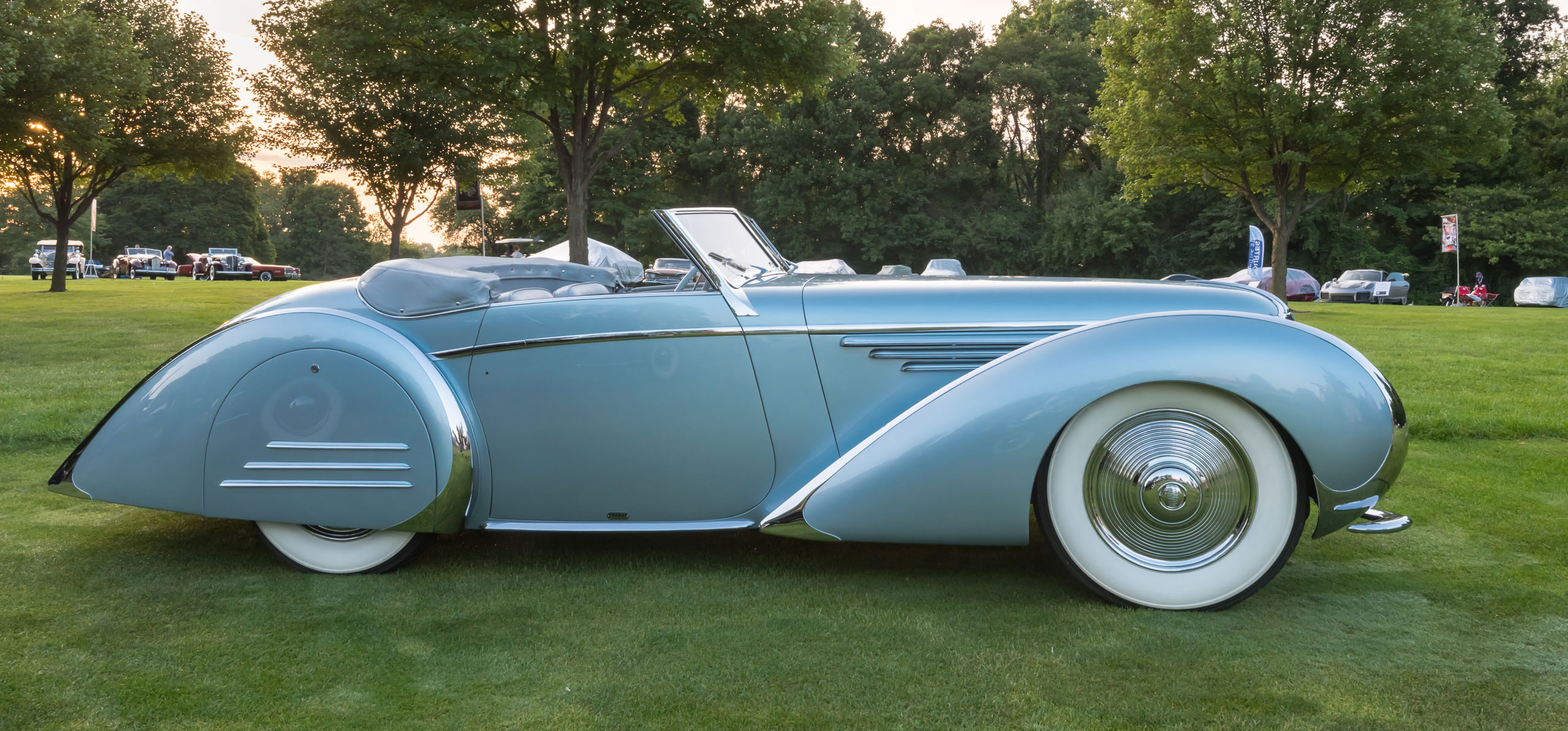
"Old cars" have steadily become synonymous with dollar signs in the eyes of many public officials. Often, proposals aimed bankrolling vintage vehicle owners are drafted without regard for nuance—such as the contrast between a Concours-level Delahaye, as pictured here, and a beloved hand-me-down El Camino.
Old-Fashioned Teamwork Makes the Classic Dream Work
While 2020 may have begun as expected for the state legislative sessions, global health concerns have significantly impacted most as time progressed. For much of the spring season, only eight legislatures remained active; all others suspended their session, adjourned on schedule or in many cases, adjourned early. Those that remained in session, or plan to return, are focusing their attention on emergency responses to the most critical tasks at hand. Because of this, legislation not directly related to emergency relief or a state's budget will likely be delayed until 2021. These circumstances have and will continue to substantially affect much of the legislation facing our hobby this year.
In light of recent challenges, the automotive community has reasons to rejoice despite shortened sessions across the nation. Several key triumphs have already been achieved this year with help from SEMA Action Network (SAN) advocates. Threats to collector vehicles—particularly on the vintage side—were defeated in several jurisdictions. Thanks to the age of multimedia, reaching legislatures on issues during the rulemaking process has never been easier. Consequently, lawmakers have become increasingly aware of the marketplace and the economic opportunities resident owners present.
Unfortunately, true enthusiasts have had to pay the price for those misusing laws pertaining to the privilege of specialty tags. Instances of abuse of the special registration categories intended for hobby cars and trucks have become commonplace in certain areas. Thus, corrective action has been sought by various states for years. Such proposals are often aimed at punishing offenders seeking lower registration fees for older daily-driver vehicles or attempting to avoid emissions and safety inspections. When confronted with a measure that will unfairly affect and inconvenience owners of legitimate classic vehicles, the SAN forces go on the defensive.
The latest efforts targeting classic automobiles included Maryland, Washington and Wisconsin. Maryland's vehicle owners are well aware of the state's history with the topic. Legislation was introduced to impose an emissions inspection requirement on historic vehicles less than 40 years old—where all such vehicles are currently exempt. Based on a strong outpouring of enthusiast opposition to the measure, the hearing for this bill was canceled and given an unfavorable report by the committee of jurisdiction. Wisconsin proposed restricting eligibility and raising fees for collector and hobbyist vehicle registration. The bill failed to pass prior to the required legislative deadline. Finally, Washington state was poised to significantly restrict eligibility of collector vehicles and horseless carriages, raise the initial registration fee for collector vehicles, and restrict the use of year-of-manufacture (YOM) plates. The bills died as the legislature adjourned, marking another significant win.
The fate of additional anti-hobby bills still remain undecided at this point. Ohio and Oklahoma have each introduced legislation to repeal single-license-plate laws that are awaiting further action.
Currently, all vehicles in Oklahoma are required to display only a single, rear-mounted plate. Last year, the Ohio legislature passed a bill removing the front-plate requirement, set to go into effect on July 1, 2020, and expected to save the state more than $1 million per year. If enacted, these laws would fail to accommodate classic and special-interest vehicles, many of which are not originally equipped with a designated place to display a front plate. SAN-opposed legislation in Minnesota to increase the state's standard biofuel blend from 10% to 15% ethanol is also awaiting consideration.
Before this year's session concludes, more good news potentially awaits the old-fashioned end of our hobby. Fans of former military vehicles in West Virginia have already celebrated the signing of a new law to display an alternate registration insignia as opposed to a traditional license plate. Versions of SEMA-model legislation to allow for the titling and registration of former military vehicles are pending in Kansas and Michigan. SAN-sponsored legislation in Kansas clarifying the definition of antique vehicles to allow for modifications passed the House and is pending in the Senate. Previously introduced pro-hobby bills benefiting collector-car and street-rod enthusiasts also await further consideration in several other states.
As state houses reopen again from coast to coast, watchful eyes will be waiting. For the latest updates on current initiatives, visit semaSAN.com/Alerts. Meantime, special thanks and congratulations to those who participated in supporting successful efforts thus far. Keep in mind that while anti-hobby bills may not be a threat now, they can be reintroduced in the 2021 session or beyond. Therefore, please encourage others to get involved now by signing-up for the SAN without cost or obligation at semaSAN.com/Join.
